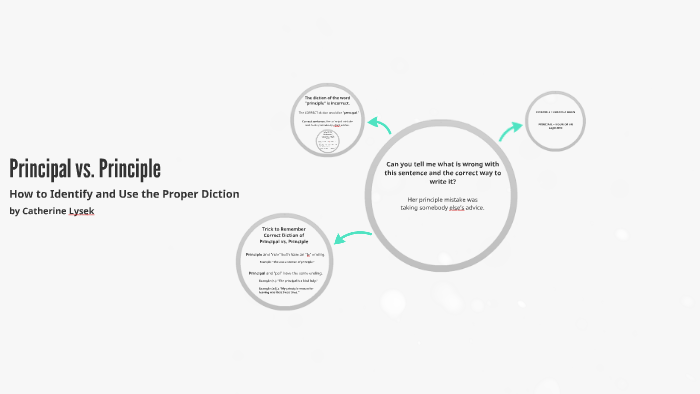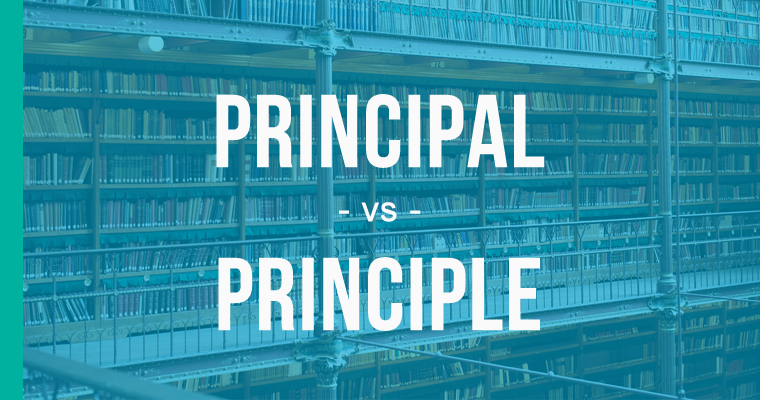

This way you pay off the money that you borrowed and any interest on it over an agreed period of time, e.g. Principal and interest: You make regular repayments on the amount you borrowed (which banks call "the principal") and the interest that accrues on that amount. You'll also be asked if you're after an interest-only loan or a principal and interest loan. You'll be asked if you want to go on a fixed or variable rate. There are a few options you'll have beyond which bank you go with.

How much extra you'll end up paying on top of the house price will depend on the interest rate you're charged.īecause home loans usually take decades to pay off, even the smallest change in interest rates can make a big difference.
#Principal vs principle mortgage plus#
When you borrow money to buy a house, you'll have to pay back the whole amount plus interest - which is the extra money your lender charges you for letting you borrow their money. The average LMI fee is $6,200 but can grow the higher your loan-to-value ratio is.

LMI is a one-off fee that can be paid when you purchase the house or added to your loan. LMI protects the lender if you can't make the loan repayments and the lender can't recover the loan balance. If your loan-to-value ratio is more than 80 per cent there's a large chance you'll have to pay lenders mortgage insurance, or LMI. Your loan-to-value ratio is calculated by the amount of loan divided by the purchase price of the property.įor example, if you're buying a $600,000 house and you have a $450,000 loan, your loan-to-value ratio would be 75 per cent. The bigger the deposit you have, the lower your loan-to-value ratio will be. However, a smaller deposit means a bigger loan and a larger chance that you'll have to pay lenders mortgage insurance. While the federal government's MoneySmart program suggests that 20 per cent of the purchase price is a great goal, some lenders will accept a deposit as low as 5 per cent. A deposit is the amount of money you'll offer to the bank or lending institution in order to secure your home loan.


 0 kommentar(er)
0 kommentar(er)
